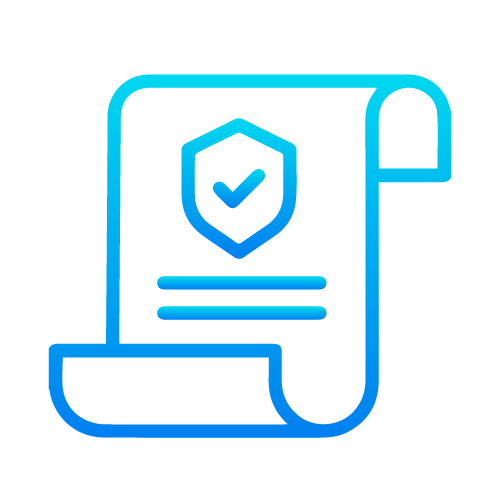Our Approach to Business Continuity Service

Initial Study
We begin with understanding your business, core activities, and single point of failure.

Scope Definition
Our team will together with your management help you in scope definition which includes setting timelines, responsibilities, and budget for the implementation.

Asset Identification
Our team scans your organization's system to identify critical assets and processes.

Business Impact Analysis (BIA)
We then move on to initiate Business Impact Analysis (BIA) to identify your critical services, cost of downtime, and interdependencies. It is in this phase that the RPO/RTO are identified.

Risk/Threat Analysis
our team performs a Risk/Threat Analysis to identify a single point of failure and critical dependencies.

BCM Strategy
Based on the findings of the Risk Analysis, our team identifies a suitable BCM strategy that can be implemented at various levels in your organization.

Response Strategy
An integral part of our approach is the Response Strategy Phase which includes developing and implementing Business Continuity Management response based on the Recovery Point Objectives (RPO) and Recovery Time Objectives (RTO).

User Awareness Training
We then conduct User Awareness Training for your employees on their individual responsibilities concerned with the BCM.

BCM Testing
Finally, the whole BCP is put to test with customized walkthroughs and simulations. The BCM is then evaluated and improved based on the results from these tests.

Pre-assessment
After a reasonable gestation period, a separate team of experts conduct a Pre-assessment of your setup.

Certified with External Auditors
Once all controls are confirmed to be in place, we help you get certified with external auditors (of your choice) for ISO22301.

Continual Support
If you wish, we can take over the responsibility for Continually Supporting (Managed Compliance Services) your organization to stay certified.

